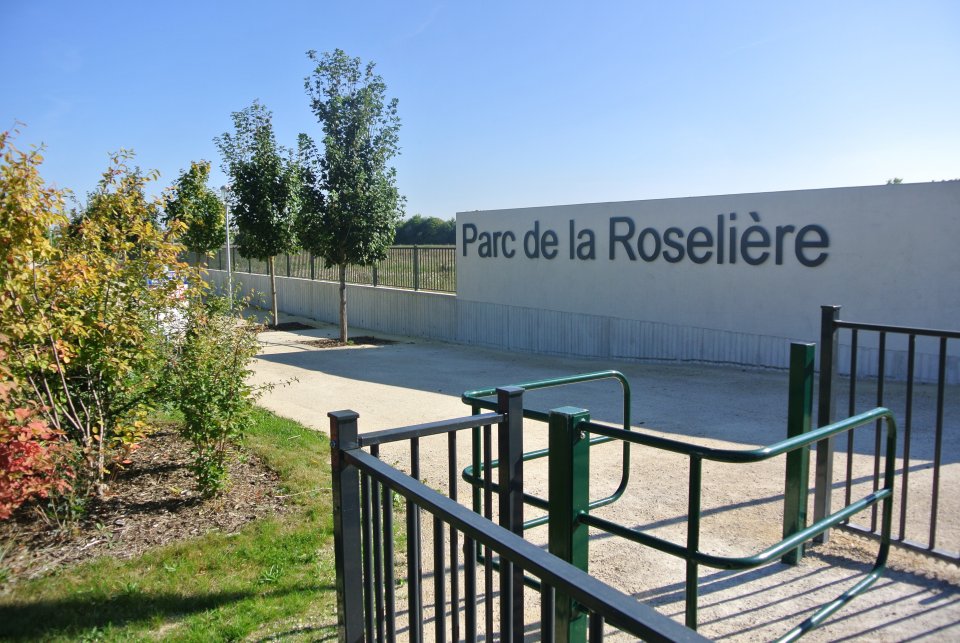
Implementation scale: Object (building, etc.)
Impact scale: Neighborhood, park, object (building, etc.)
Urban density: low (suburb at the limit with rural areas, etc.)
- Rainwater management of a 172ha area in response to a waterproofing construction
This NBS is a construction ex nihilo of a landscaped park as alternative stormwater management solution to a traditionnal civil engineering management (tubes). It takes place in a 172ha area in the city of Bézannes (Reims Métropole). This project has been implemented in response to the waterproofing of this area (strong urbanisation level).
The project is caracterized by an artificial river leading to a permanent lagoon and a reed bed. Then a wetland manage the water flow from the housing estate and finally a stream collects all of the water.
- Developing climate change adaptation; improving risk management and resilience
- Flood peak reduction
- Increase infiltration / Water storage
- Increasing infiltration
- Reduce flood risk
- Reduce load to sewer system
- Reduce run-off
- Developing climate change mitigation
- Restoring ecosystems and their functions
- Increase Biodiversity
- Changing image of the urban environment
- Improve water quality
- Increase accessibility to green open spaces
- Increase population & infrastructures protected by NBS
- Increase well-being
Process enablers:
Knowledge drivers → Information accessibility → knowledge platforms
...
Process inhibitors:
... → ... → ...
...
Expected time for the NBS to become fully effective after its implementation: short (immediately to few months)
feedback: still well adapted
Expected life time: more than 30 years
Dates (for project delivered): 2012
BUSINESS MODEL:
Business cluster: Technological
Business model: Substitute with renewables and natural processes
The project has been implemented as a substitution of a civil engineering project. It leans on ecological engineering (infiltration areas, use of specific plants) to manage stormwater in a waterproof area therefore is based on a deep understanding of constructed wetlands for water management.
Global (estimated) cost of the project: 1M€- 5M€
Financing mechanism : cluster1 public financing
The project has received subsidies from the Champagne Ardenne region (25%) and from Reims Metropolis (75%).
- Objects Shapes
- Water
- Constructed wetlands and built structures for water management
- Rain/infiltration gardens
Alice Duquesnoy (alice.duquesnoy-mitjavila@plante-et-cite.fr)
Olivier Damas
Plante & Cité, Maison du Végétal, 26 Rue Jean Dixmeras, 49000 Angers
(https://www.plante-et-cite.fr/)
Further information
Nature4Cities (https://www.nature4cities.eu/) aims to develop a knowledge diffusion around Nature-Based Solution (NBS) and a decision support platform through new collaborative models.
This project is part of the Nature4Cities's pioneer case studies database, it will feed the observatory, NBS pre-selection and replication tools, gathered into the Geocluster4NBS.
This project was chosen as a pioneer case study for the following reasons:
- The project has been implemented as a substitution of a civil engineering project
- Combination of ecological (rainwater management) and landscape functions (opento the public)
Nature4Cities project has received funding from the European Union’s Horizon 2020 research and innovation program under grant agreement No 730468.



